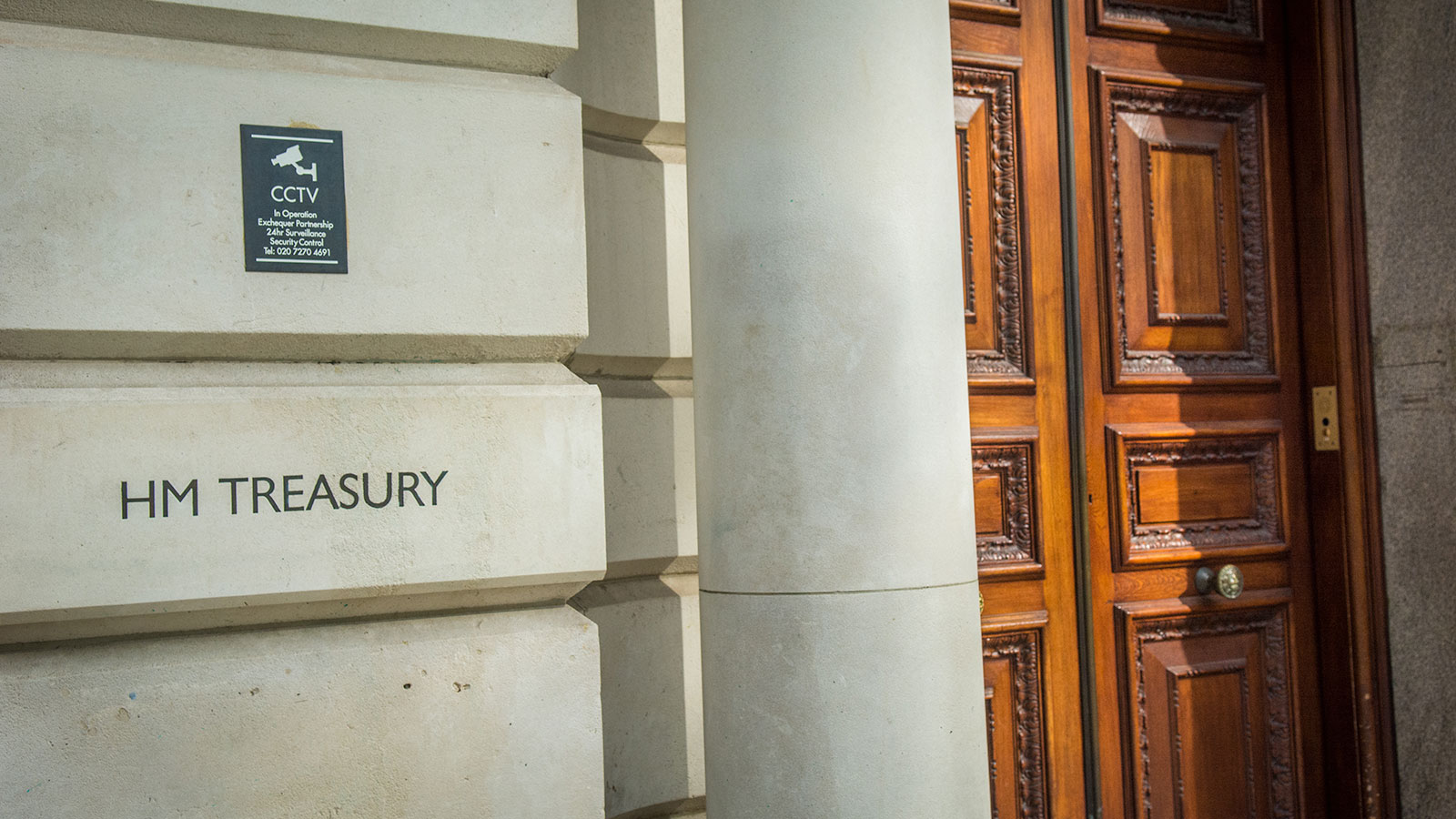In this week’s Gossage Gossip, our columnist ponders whether the Treasury could be a big reason as to why Rishi Sunak announced a delay to the ‘ban’ on new diesel and petrol cars.
Which set of people are most concerned about the implications of the Government’s determination to halt sales of new diesel or petrol cars in 2030? Apart from petrolheads and their assorted hangers on, that is… The answer must be tax gatherers in the Treasury.
Consider that as of right now, motoring taxes raise around £35 billion each year. About one-fifth of that is collected via the road fund licence. This is increasingly being raised from electric vehicles too.
But what about the bulk of motoring tax, raised whenever a petrol/diesel car visits a petrol pump? At just under 53p per litre (plus 20% VAT), this currently brings in around £28 million a year. But each year the proportion of drivers paying such a tax diminishes, as the number of electric vehicles spread.
So, how are the tax gatherers planning to fill this ever-expanding hole in their budget? Back in 2019, the Treasury did hint that it would provide answers ‘shortly”. Since then, there have been odd peeps about introducing a pay-as-you-go road use charge in lieu. But noticeably, nobody has officially even seriously hinted at adopting such a policy.
Instead, there are beginning to be signs that traditional tax policy is being followed. If the liquid going into petrol fuelled cars is taxed at source, then why shouldn’t electricity provided for electric cars be taxed similarly?
Actually, in part it currently is. The VAT being paid for electricity provided from publicly available chargers carries a VAT rate of 20%. That is four times higher than the 5% VAT rate paid by electric car owners able to charge at home.
So, the logical step is simply to increase the standard residential VAT rate upon electricity to 20%. That should help balance the motoring books very nicely for a few years. See if I am not proved right.

